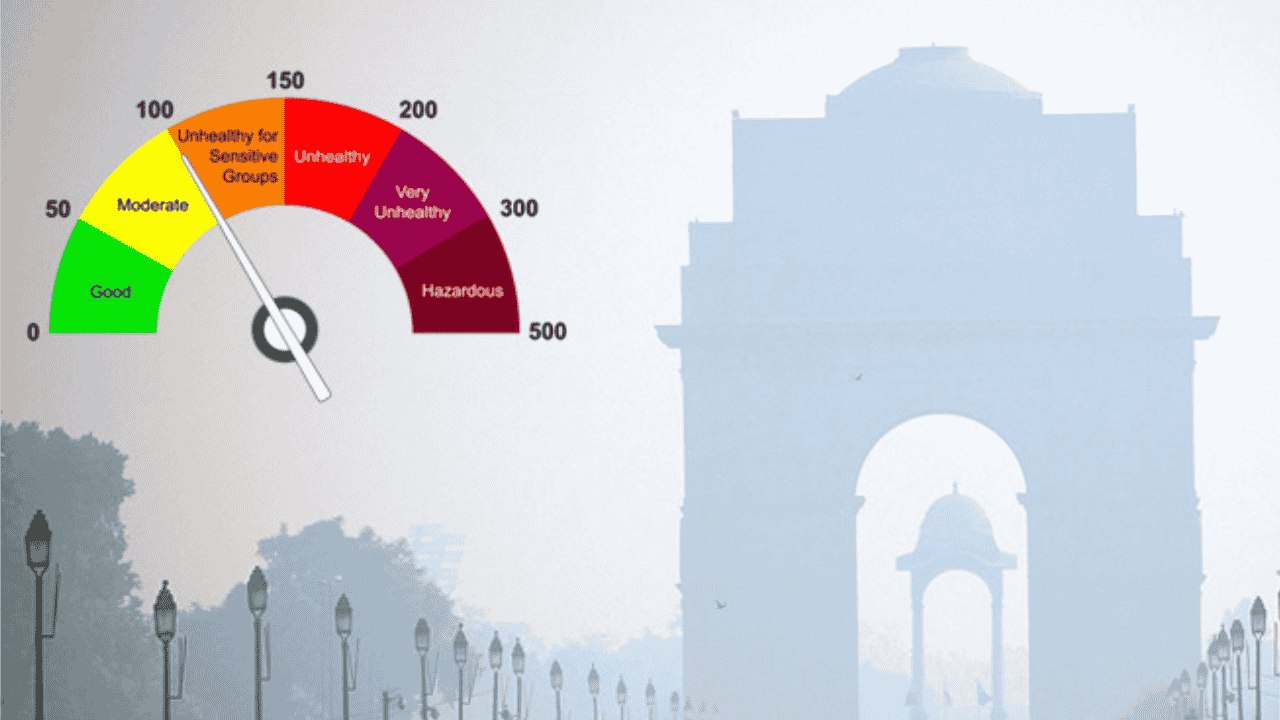Should India reduce tariffs to match US demands? Explore this UPSC-relevant debate with expert insights on global trade, tariffs, and India's economic policy.
Should India Reduce Tariffs Given the U.S.'s Moves?
India’s tariff policy is under global scrutiny, especially following former U.S. President Donald Trump’s push for reciprocal tariffs. This has raised critical questions for UPSC, SSC, and Banking aspirants studying India’s trade policy, global economics, and international relations.
In this competitive exam blog, we explore what top economists Ajay Shah and Laveesh Bhandari have to say in this insightful debate moderated by Prashanth Perumal J., and what it means for India's economic future.
What Are Tariffs and Why Do They Matter?
In simple terms, tariffs are taxes imposed on imports. Countries use them to:
Protect domestic industries,
Generate government revenue,
Influence trade dynamics.
But there's a catch — higher tariffs can hurt efficiency and consumers, as well as strain international trade relations. For government exam aspirants, understanding tariff dynamics is crucial in subjects like Economy, Current Affairs, and International Relations.
Expert Opinions on Tariffs & Economic Growth
Why Economists Prefer Lower Tariffs
According to Laveesh Bhandari, there's a near-consensus that:
Lower tariffs promote efficiency.
Consumers get better products at lower prices.
Tariffs distort market forces and resource allocation.
Ajay Shah adds:
Tariffs lead to economic distortions.
A uniform, minimal tariff structure is better than a fragmented one.
Over-reliance on tariffs contradicts the Atmanirbhar Bharat vision if it shields uncompetitive industries.
📝 UPSC preparation tip: Questions in GS Paper 3 (Economy) may focus on India's trade policy, tariff impact, and economic liberalization. Be ready with examples.
🇮🇳🔁🇺🇸 Trump's Tariff Pressure: How Should India Respond?
Trump's Strategy: Bargaining Chip or Economic Reform?
Laveesh Bhandari believes Trump's reciprocal tariffs may be a negotiating tactic.
Trump’s aim: push countries to reduce protectionist measures hurting U.S. firms.
The WTO’s limited functionality pushed the U.S. to take aggressive steps.
Ajay Shah counters:
The U.S. strategy lacks clarity — there's no guaranteed benefit even if India reduces tariffs.
Broad-based, unilateral U.S. actions could hurt the global trade system, especially developing economies.
Should India Follow or Lead?
Instead of reactive policies, experts suggest India should:
Announce a clear, phased reduction in tariffs.
Build credibility and consistency in policy execution.
Consider comprehensive Free Trade Agreements (FTAs) with nations like the U.S., EU, U.K., and Japan.
What About Non-Tariff Barriers?
Non-tariff barriers (NTBs) include:
Technical standards,
Licensing requirements,
Quality certifications.
Both experts agree that:
NTBs are more pervasive and subtle than tariffs.
NTBs significantly affect global trade and competitiveness.
Countries often use NTBs to indirectly restrict imports, including India and the U.S.
📌 Banking exam insights: Non-tariff barriers are frequently featured in General Awareness and Economy sections. Know real-world examples like sanitary standards in Europe or India's pharma export restrictions.
🇮🇳 Policy Options for India: Stay Protective or Embrace Globalization?
A Step-By-Step Reform Plan
Do not reduce tariffs abruptly — give industry time to adjust.
Announce long-term tariff reduction timelines (as done by Yashwant Sinha in the 1990s).
Encourage global competition and innovation.
Build transparent institutions to support trade negotiations.
Why Not Unilateral Free Trade?
Complete trade liberalization may seem risky but:
It boosts global supply chains.
Enhances consumer choice and affordability.
Drives export competitiveness.
Key Takeaways for Exam Preparation
✅ For UPSC:
Link this topic to GS Paper 3 (Economy), GS Paper 2 (International Relations), and Essay.
Practice writing on “India’s Tariff Policy in the Era of Protectionism”.
✅ For SSC & Banking:
Understand definitions, current developments, and pros/cons of tariff and non-tariff barriers.
Expect MCQs on global trade organizations (WTO, FTAs), current affairs, and tariff updates.
Why This Matters for Aspirants
India’s tariff decisions are no longer just economic — they’re strategic, diplomatic, and deeply political. Aspirants for UPSC, SSC, and Banking exams must grasp:
The ripple effect of international economic decisions,
India's role in global trade governance,
And how to balance national interest with global integration.
Stay updated with such Atharva Examwise blogs for crisp, exam-oriented breakdowns of major economic issues. For more insights, explore our content on www.atharvaexamwise.com – your one-stop hub for UPSC and government exam preparation.







